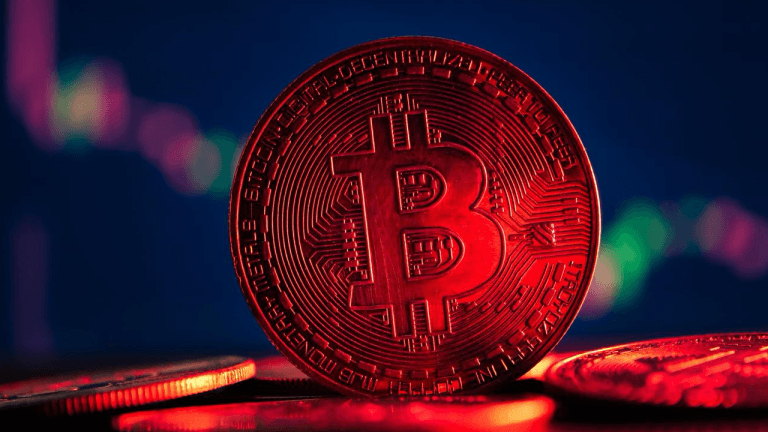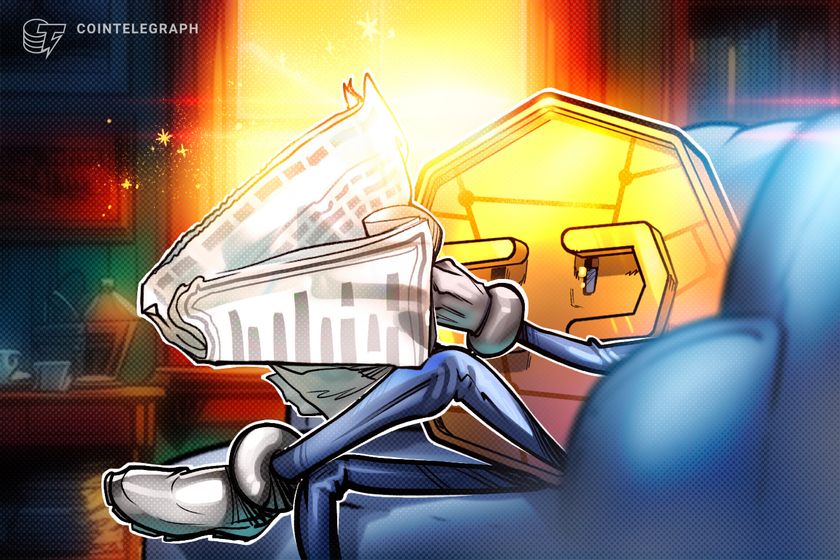Despite the setback, 39-year-old James Howells says he is far from ready to give up on what has been a decade-long quest to recover his cryptocurrency fortune.
Howells first became aware of Bitcoin in 2009, when he was mining the then-novel digital currency in the spare room of his Newport home. By his own account, he produced 8,000 coins when they were worth virtually nothing, stored them on a 2.5-inch laptop hard drive, and tucked the device into a desk drawer.
In 2013, however, Howells’s partner at the time mistakenly disposed of the hard drive along with other unwanted items. Since then, the IT worker-turned-entrepreneur has spent years pleading with Newport City Council for permission to search the Docksway landfill, where he believes his drive ended up. Over time, the skyrocketing price of Bitcoin pushed the potential value of his inaccessible holdings to more than £600 million.
James Howells, an early Bitcoin Miner, Source: LinkedIn
High Court RulingLast month, Howells took his case to the High Court in Cardiff in what he characterized as a “last resort.” He demanded the council allow him to organize a landfill dig or pay up to £495 million in damages. Howells argued that a specialized team of recovery engineers could locate the disk at no cost to local taxpayers.
However, Newport City Council sought to have the claim thrown out, citing legal and environmental concerns. A key point of contention was the council’s position that once items enter a municipal landfill, ownership transfers to the local authority. Furthermore, the council’s legal team argued that opening up the site could lead to significant ecological disruption and regulatory complications.
On January 9, Judge Keyser KC dismissed Howells’s claim, declaring there was “no realistic prospect” of success at trial. While expressing disappointment with the verdict, Howells stressed the ruling would not end his pursuit of a solution, describing the council’s approach as “living in the dark ages” for refusing to engage with his proposals.
‘James Coin’ and a New PlanUndeterred by the judgment, Howells has unveiled what he calls a “tokenization” scheme—an initiative he hopes will help him monetize the lost Bitcoin without physically retrieving the hard drive. Drawing a parallel to historical gold-backed banknotes, Howells says he wants to create a new cryptocurrency, temporarily dubbed “James Coin,” whose value would mirror that of the inaccessible Bitcoin locked in the landfill.
“Everyone can see the Bitcoin is never going to move,” he said. “I can’t get the private key, so it’s going to be there for eternity. But if I can legally establish ownership of the coins, I can back a new token with them and trade that token on the cryptocurrency market.”
Although he concedes this approach would not fully recover the £600 million, he believes it could still provide him with a modest return while creating a crypto venture that might appeal to investors. He also floated “Ceiniog Coin” (ceiniog being the Welsh term for a penny) as a potential alternative name, hoping to capture a distinctly Welsh identity.
Environmental Concerns and Alleged ‘Bribe’Since embarking on his crusade to unearth the hard drive, Howells has assembled an international team of investors, engineers, and legal advisers. They proposed a meticulously planned excavation designed to take between 18 and 36 months, followed by a year of landfill remediation. Under Howells’s plan, the entire project would be financed by private investors, negating any direct costs to the council.
In an attempt to sweeten the proposal, he offered the local authority 10% of any recovered Bitcoin value. The council’s legal representatives, however, labeled this an unacceptable “bribe” and said it would force the municipality to “play fast and loose” with environmental regulations. They also cited strict permitting rules that prohibit disturbances within the landfill site.
Newport City Council emphasized it has consistently refused access to the landfill on the grounds of environmental risk and insufficient legal basis for Howells’s claim. In a statement released after the High Court judgment, the council welcomed the decision, noting it had “already cost countless hours of officer time” and that it “cannot authorize digging on such a scale without breaching environmental permits.”
The lost hard drive has overshadowed Howells’s life for more than ten years. Once employed in IT, he says he left his job to dedicate himself full-time to the recovery effort. Securing support from American hedge funds and other backers, he went to court armed with legal arguments affirming his right to search for what he considers his “intellectual digital property.” Although Judge Keyser upheld the council’s position, Howells believes his ownership of the Bitcoin was tacitly acknowledged by the court.
“I’m disappointed they wouldn’t let me proceed to trial, but I was encouraged when the judge said that the council might own the physical hard drive, but I am still the owner of the Bitcoin,” Howells explained.
He now awaits the final order in hopes that it will confirm his ownership in a way that legally supports his tokenization project.
What’s Next?Despite the High Court loss, Howells remains resolute. He has vowed to escalate the case, possibly to the Supreme Court, if there is any indication he might eventually win the right to search for the hard drive. But for the moment, his focus has shifted to launching his new cryptocurrency, backed by the notion that a fortune is buried beneath Welsh soil.
“Until a higher court tells me ‘No’, I’ll keep on fighting,” he said. “Even if I never physically recover those Bitcoins, I’ll find a way to make something of them.”
















